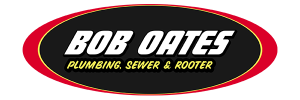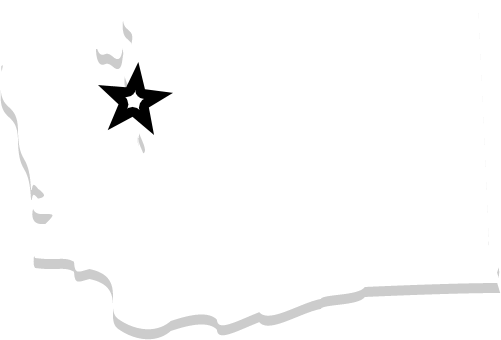5 Quick Plumbing Tips to Keep Your Pipes in Check
CALL (206) 789-4944
Serving the Greater Seattle Area

Your plumbing system is one of the most important components of your home. It conveys fresh, potable water to and from faucets and appliances, and safely carries away waste water from toilets, sinks, floor drains and appliances. Like nearly everything in your home, your plumbing needs regular maintenance to keep doing its job. Some of that maintenance will have to be left to a trusted plumber, but keep reading for some simple, everyday plumbing tips you can use to keep your plumbing flowing smoothly and keep you from having to call a plumber too often!
Plumbing Tip #1 – Be Vigilant With Your Kitchen Sink (Avoid Grease, Hair, and if You Have a Garbage Disposal, Don’t Abuse it)
Kitchen sinks see a lot of use and a lot of abuse. They’re at the heart of every home and often end up utilized for more than meal preparation. Your kitchen sink may be regular host to art projects, haircuts, baby baths, specialty cleaning projects. Here’s a plumbing tip that we’ve echoed many times: whatever you use your sink for, avoid sending grease down the drain. Always drain greases into safe containers to be reused or properly disposed of. Hair tends to get just about everywhere in a house, but you can keep it out of your drain with a simple, affordable drain strainer. And that disposal—we know it’s great to be able to rinse plates right down the drain, but there’s no need to test its limits. Scrape plates into the trash or compost. Use your garbage disposal, but down abuse it.
Plumbing Tip #2 – Stay Away From Unflushables
*Image from Wikipedia
We call them unflushable for good reason—they can’t be flushed, because they don’t dissolve in water in the same way as regular toilet paper and human waste. Hair, floss, condoms, medications, feminine hygiene products, paper towels, and wipes (yes even the “flushable” baby wipes”) need to go in the trash. When you try to flush unflushables, you run a serious risk of creating a clog in your sewer line. It’s an avoidable problem, but it can be a costly and downright gross one. Not to mention, when you use the toilet as a trash can, you waste serious water, which is bad for your water bill and the environment.
Plumbing Tip #3 – If Pipes Are Old, Replace, or, Better Yet, Reline Them
Just like an old toothbrush, old pipes need to be replaced for sake of sanitation and functionality alike. This is especially true of sewer pipes, which, if compromised, will leak wastewater. In plumbing, the job should always match the problem, but relining is often a more cost- and time-effective alternative to outright replacement. Relining, foregoes the unsightly excavation that full-on replacement requires and, for that reason, also usually costs less.
Plumbing Tip #4 – Prep for Changes in the Weather
Any Seattle plumber will tell you that, in the Pacific Northwest, one of the best things you can do for your plumbing is prep for the different weather that each season brings. In the winter that means insulating and shutting off outdoor faucets and pipes, flushing the water heater and tending to leaks. These months, getting after outdoor leaks and using less water are your go-to’s.
Find a Trusted Emergency Plumber in Your Area
You know what they say, hope for the best, prepare for the worst. Plumbing emergencies happen and they can create a cascade effect of problems in your home. The sooner you can resolve a plumbing emergency, the better. Don’t leave yourself in the lurch, find a good plumber you know you can trust to show up in a pinch.
For the most part, maintaining your home’s plumbing is a straightforward affair. Incorporating the simple tips above is a great way to keep it that way. Of course, things are bound to get a little less straightforward sooner or later.
When that day comes, don’t hesitate, call the plumbing experts at Bob Oates Plumbing, Sewer & Rooter!
CALL (206) 789-4944
Serving the Greater Seattle Area










